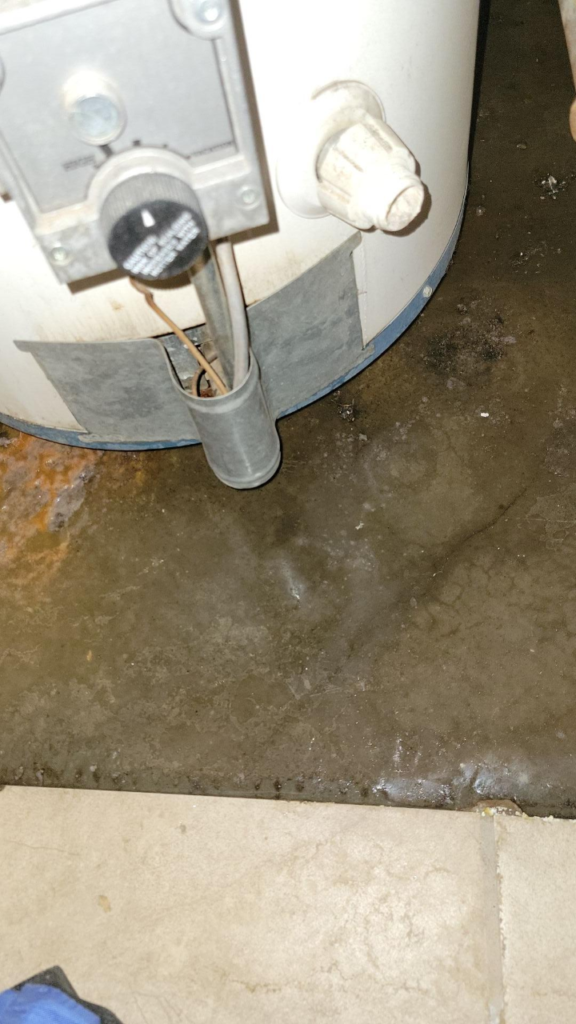
8 Causes of Water Heater Leaks
8 Causes of Water Heater Leaks
Just like any appliance in your home, water heaters may work great without any issues for years and then suddenly, without warning, you find a leak. The longer the problem goes unnoticed, the more severe the water and mold damage is. Even a small leak can cause a great deal of property damage. When you notice a leak, the first think to do is diagnose where the leak is coming from. Key points for trouble-shooting leaks are listed below.
- Check the drain valve: You may notice a leak on the base of the water heater. Sometimes the valve loosens and needs tightening. If it is leaking from the base of the valve itself, it may be time to replace it.
- Inspect the tank: It is recommended to drain and clean the tank twice a year. Sediment can build up and cause the tank to crack and corrode the bottom of the tank. Here you may see more of a puddle and less of a leak. At this point you will need to invest in an entirely new water heater.
- Check the supply lines: Fitted to the top of the tank, there are two water pipes: a cold water supply pipe and a hot water discharge pipe. The water is controlled by a shutoff valve. Notice if there is any leakage from the pipes and also around the valves. If anything is loose, tighten it, if it’s worn, replace it.
- Check inlet and outlet connections: Eventually these can loosen and leak. Follow the pipes noticing any moisture and making sure all fittings are tight. Some of these simply require a little bit of tightening or updating.
- Check the temperature and pressure relief valve: The T/P valve regulates pressure inside the tank. Over time the valve loosens and needs to be tightened. If it is old it may leak even when the tank pressure is normal and may need to be replaced.
- Check the temperature setting: Hot water causes steam. If the temperature is set too high the steam inside the tank has nowhere to go and will look for cracks to escape. When it does it can cause a leak.
- Anode rod: An anode rod is a long metal rod that extends through the interior of the tank. Its important mission is to attract corrosive particles that are in the water inside the tank. Not all water heaters have one, but if yours does it will need replacement every 3-5 years in order to remain functional. They are referred to as sacrificial rods which means they are designed to deteriorate. Once it does, leaks occur where the anode used to be.
- Equipment failure: The average life of a water heater is about 10 years. Even before the 10-year mark hits, it’s important to check your water heater from time to time for leaks since they can quickly turn into more costly repairs and lead to damage in your home. As a water heater gets older, the more likely it is that a failure will occur, so it’s wise to replace your water heater—even if it seems to still be in working order—if the appliance is more than 10 years old.
When to Call Water Extraction Experts
The sooner a leak is discovered and taken care of the less chance of water damage and mold. If you happen to experience water damage, give us a call. We use the most advanced technology in water damage mitigation and mold remediation to quickly get your home and your life back to normal again.
Water Extraction Experts
The Experts That Care!
Emergency 24/7 Water Damage Restoration
Call: 505-250-6500
Serving Albuquerque, Rio Rancho, East Mountain, and Surrounding Areas
